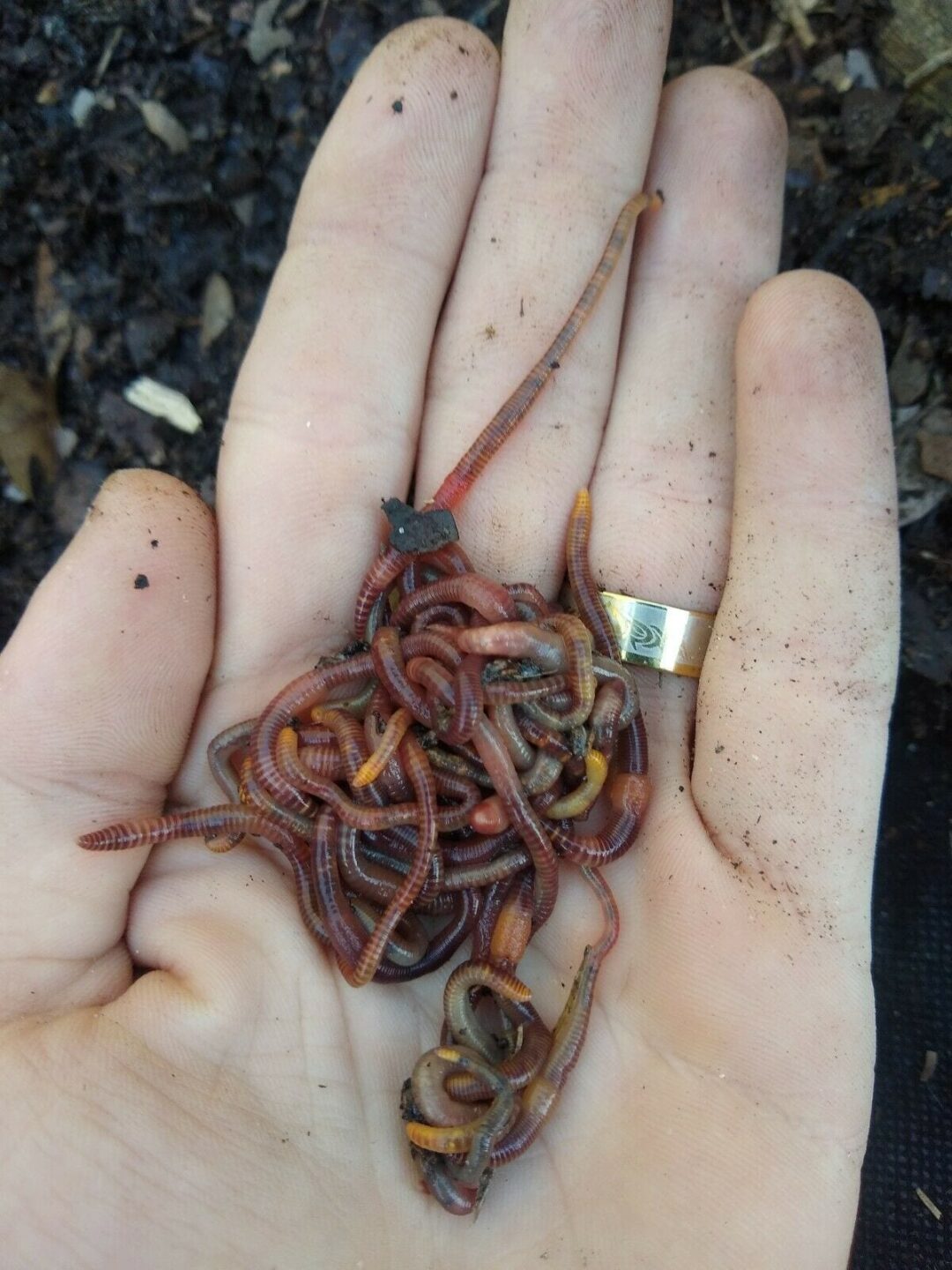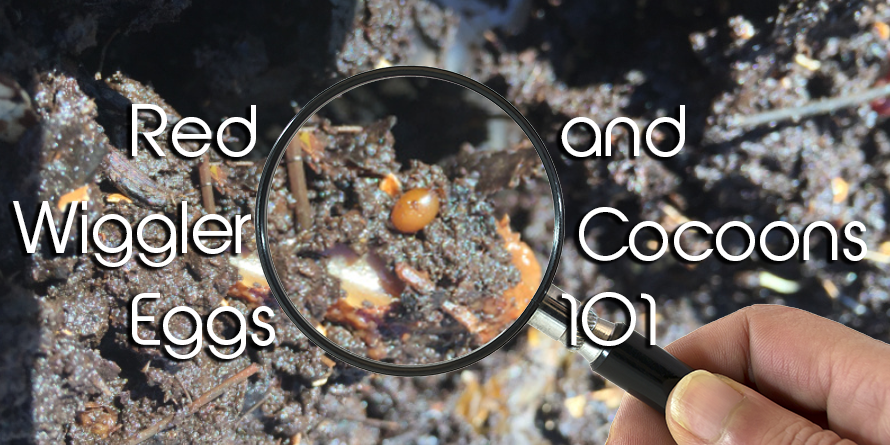Discover the Perks of Red Wigglers: Nature's Finest Soil Enrichers
These microorganisms not only stand out in damaging down natural waste but likewise dramatically enhance soil top quality, creating a flourishing ecological community conducive to plant development. The inquiry stays: exactly how can we properly integrate these soil enrichers right into our gardening regimens to optimize their potential?
What Are Red Wigglers?
What precisely are red wigglers? Red wigglers, scientifically referred to as Eisenia fetida, are a types of earthworm renowned for their role in vermicomposting. These worms are usually reddish-brown in shade and are smaller sized than the usual earthworm, measuring regarding 3 to 4 inches in size. Their distinct physiology allows them to thrive in organic waste settings, making them outstanding decomposers.
Red wigglers have a high reproductive price, enabling populaces to proliferate in appropriate problems. They consume raw material, consisting of cooking area scraps and backyard waste, damaging it down into nutrient-rich castings that boost dirt fertility. Unlike other earthworm species, red wigglers favor a cooler setting and can tolerate high organic issue web content, which makes them optimal for composting systems.
These worms are typically used in home yards, industrial agriculture, and waste management systems due to their performance in reusing nutrients and boosting dirt structure - Lake Hickory Bait. Their existence in a compost container symbolizes a healthy community, as they help stabilize wetness levels and aerate the substrate. Understanding the biology and actions of red wigglers is crucial for optimizing their advantages in sustainable farming and gardening practices
Advantages of Vermicomposting
Vermicomposting, the process of using red wigglers to decay organic waste, offers countless advantages for both home gardeners and large agricultural procedures. One of the key advantages is the efficient recycling of natural materials, which minimizes landfill waste and adds to a more lasting environment. By transforming kitchen area scraps and yard waste right into nutrient-rich garden compost, vermicomposting promotes a circular economy within houses and neighborhoods.
Red wigglers excrete a compound recognized as worm spreadings, which is abundant in advantageous bacteria. The visibility of red wigglers in garden compost systems aids regulate wetness degrees and boosts oygenation, developing a much healthier environment for decomposition.
The process is also relatively low maintenance, making it available for individuals with restricted gardening experience. By using vermicomposting, customers can grow a lasting technique that not only enhances their yards but likewise cultivates a deeper connection with ecological stewardship. Overall, the benefits of vermicomposting prolong beyond simple waste decrease, adding to much healthier communities and enhanced agricultural methods.

Enhancing Soil Quality
Enhancing soil high quality with the unification of red wigglers significantly advantages both home yards and farming landscapes. These earthworms play an important function in the soil community by breaking down raw material and facilitating the decomposition process. As they take in natural waste, they create nutrient-rich castings that act as a natural plant food, boosting the dirt's nutrient material and structure.

Improving Plant Growth
The visibility of red wigglers in dirt substantially increases plant growth, acting as all-natural stimulants for healthier greenery. These earthworms boost the dirt framework, promoting better aeration and water drainage. Lake Hickory Bait. As they delve with the soil, they develop networks that help with root infiltration, enabling plants to gain access to vital nutrients and water much more effectively
In addition, red wigglers contribute to the nutrient cycle by breaking down raw material into nutrient-rich spreadings. These spreadings are rich in nitrogen, phosphorus, and potassium, the key nutrients essential for plant health and wellness. Their slow-release nature ensures that plants can soak up these nutrients in time, lowering the danger of nutrient leaching and providing continual support for development.

Just How to Make Use Of Red Wigglers
Although many gardeners may be unaware, incorporating red wigglers into their gardening practices can see page considerably improve dirt fertility and structure. These earthworms, understood clinically as Eisenia fetida, prosper in garden compost and raw material, making them suitable for vermicomposting systems. To start utilizing red wigglers, develop a vermicomposting bin that is well-ventilated and consists of a bed linen material such as shredded newspaper, cardboard, or coconut coir.
Add kitchen scraps like vegetable peels, coffee premises, and smashed eggshells to give a well balanced diet regimen for the worms. Stay clear of including meat, dairy products, and oily foods, as these can draw in insects. Frequently keep track of wetness levels; the bedding should remain wet yet not soggy.
As the worms eat the organic waste, they generate nutrient-rich spreadings that can be harvested and blended right into garden dirt or utilized as a plant food. A basic guideline is to utilize one part worm spreadings to three components soil for optimum outcomes. Additionally, red wigglers can be presented directly right into garden beds to promote natural oygenation and improve microbial task, consequently promoting much healthier plant growth and boosted soil top quality.
Conclusion
In conclusion, the integration of red wigglers into composting methods uses substantial benefits for dirt enrichment and plant wellness. Their reliable decomposition of organic matter enhances soil framework, moisture retention, and microbial task.
Comments on “Discover Lake Hickory Bait: Quality Supplies for Every Fishing Trip”